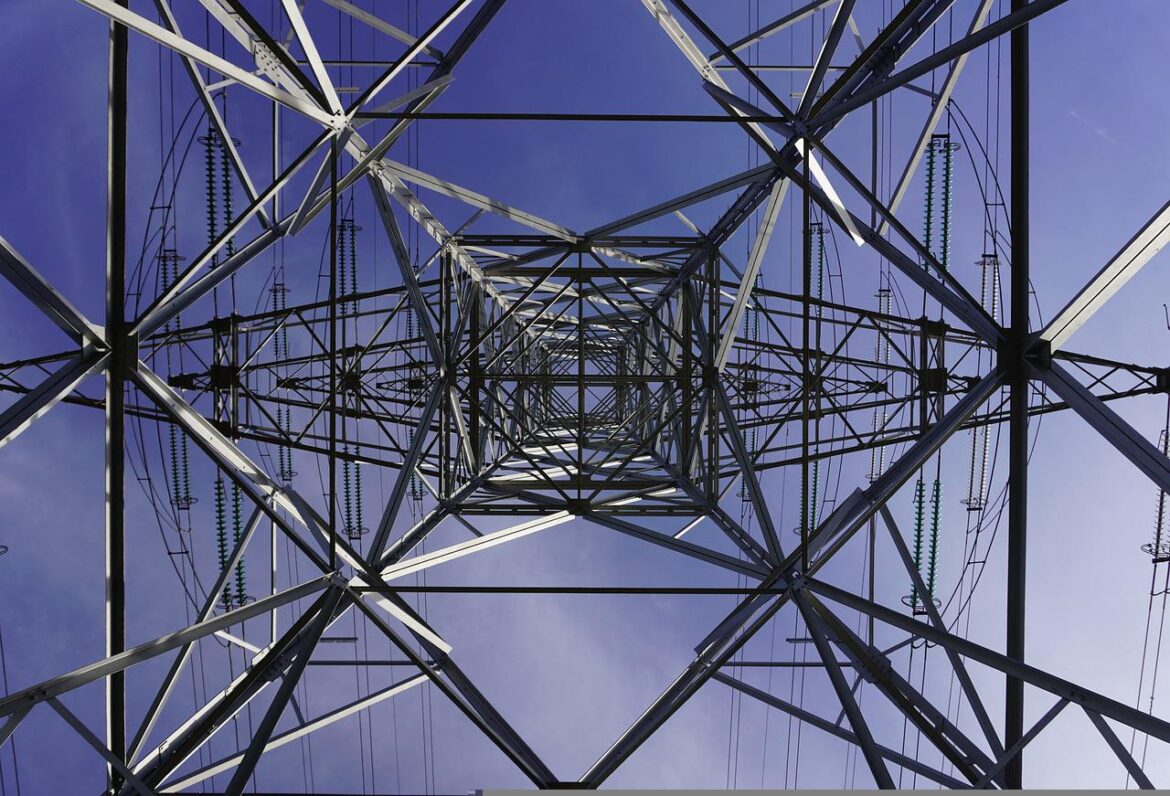By Staff Reporter
ISLAMABAD: The government has raised electricity tariffs by as much as 20 percent in a bid to stem financial losses and stabilize its ailing power sector, a move that will hit consumers and businesses already reeling from soaring inflation.
The move, part of a broader effort to address financial exigencies and stabilizing the national power sector, will see the base rate for electricity rise to as high as Rs48.84 per unit.
A notification issued by the Power Division on Sunday showed that the government has increased electricity tariffs for residential, commercial, agricultural, and bulk consumers.
Residential users consuming between 201 and 300 units per month will pay Rs 34.26 per unit, up Rs 7.12, while those using between 301 and 400 units will see their tariff rise to Rs 39.15 per unit, an increase of Rs 7.02. Higher usage brackets will also face increases, with the new rate for 401-500 units set at Rs 41.36 per unit, a rise of Rs 6.12.
Commercial consumers will see a significant increase of Rs 8.04 per unit, bringing the tariff to Rs 77.15 per unit. Agricultural consumers will face a rise of Rs 6.62 per unit, with the maximum per unit tariff reaching Rs 46.83 per unit.
The general services category will experience an increase of Rs 6.98 per unit, with the maximum tariff per unit reaching Rs 61.3 per unit. Bulk consumers will also be affected, with a rise of Rs 5.51 per unit, pushing the maximum tariff to Rs 59.96 per unit.
However, the basic electricity tariff for industrial consumers will remain unchanged. A temporary exemption from the increase will be applied for three months for households consuming up to 200 units per month.
Additionally, a new fixed capacity charge will be implemented, ranging from Rs 200-1,000 per kilowatt capacity for consumption above 300 units. Agricultural consumers will face a fixed capacity charge of Rs 400 per kilowatt, while other consumer categories will see a charge of Rs 1,250 per kilowatt.
The tariff hike, effective July 1, 2024, is part of the International Monetary Fund’s (IMF) “prior action and structural benchmark.”
Copyright © 2021 Independent Pakistan | All rights reserved




